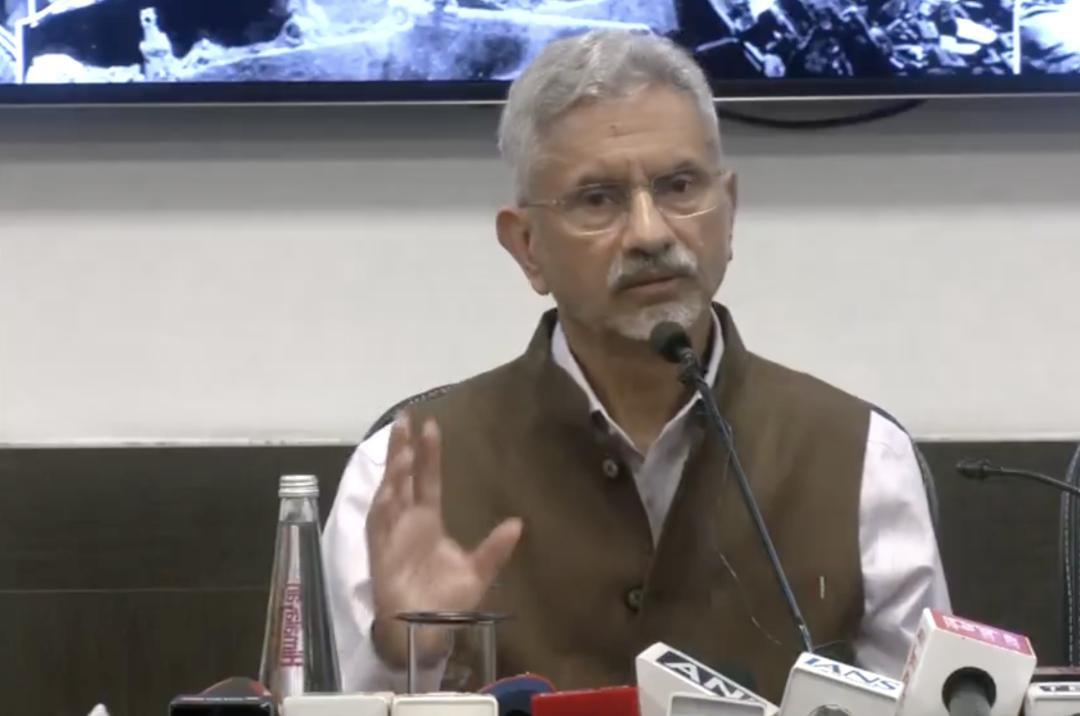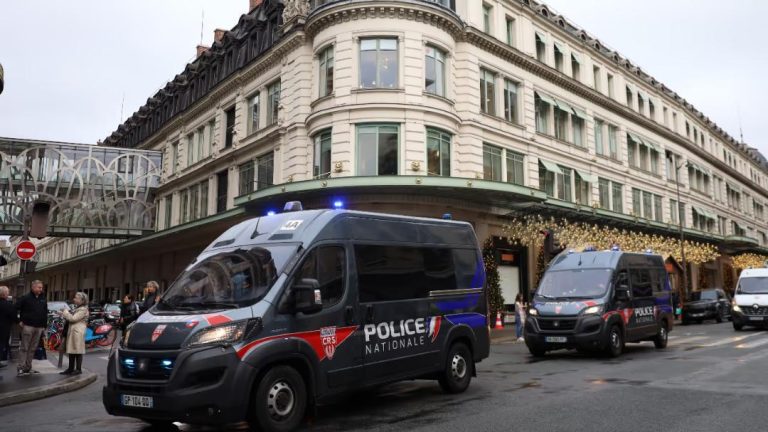
One country wanted no mention of terrorism: Jaishankar on SCO doc
In a recent statement, External Affairs Minister S Jaishankar shed light on the reasons behind Defence Minister Rajnath Singh’s refusal to sign the Shanghai Cooperation Organisation (SCO) joint statement. According to Jaishankar, one country, which he diplomatically chose not to name, was opposed to the inclusion of terrorism in the statement, despite the SCO’s primary purpose being to combat terrorism.
The SCO is a regional organisation that aims to promote economic cooperation, security, and stability among its member states. It is comprised of eight nations, including China, India, Russia, and Pakistan, among others. The organisation has been instrumental in addressing regional security concerns, including terrorism, extremism, and cybercrime.
The recent controversy surrounding the SCO joint statement arose when India refused to sign the document, citing the lack of a clear mention of terrorism. Defence Minister Rajnath Singh was part of the Indian delegation that attended the SCO defence ministers’ meeting in Moscow, where the joint statement was signed.
Jaishankar’s statement, made during an interaction with the media, hinted that Pakistan, a member of the SCO, was the country that was opposed to the inclusion of terrorism in the statement. This inference was made based on the fact that Pakistan has been accused of sponsoring terrorism in the region, particularly in the context of the ongoing Kashmir conflict.
The Pahalgam attack, which occurred in June, is a recent example of the terrorist threat faced by India. In the attack, three labourers were killed and several others injured when terrorists opened fire on a group of workers in the Pahalgam area of Jammu and Kashmir. The attack was widely condemned by the international community, and India has repeatedly accused Pakistan of supporting and sponsoring such terrorist activities.
In the context of the SCO meeting, Jaishankar’s statement highlights the challenges faced by India in trying to combat terrorism in the region. Despite being a founding member of the SCO, India has been critical of the organisation’s inability to effectively address the issue of terrorism. The refusal to sign the joint statement is a reflection of India’s frustration with the SCO’s lack of progress in this area.
Jaishankar’s statement has also sparked debate about the role of China in the SCO. China has been accused of using its influence to block any mention of terrorism in the statement, thereby protecting Pakistan and other countries that have been accused of sponsoring terrorism. The Chinese government has consistently denied these allegations, but Jaishankar’s statement has raised questions about the extent to which China is willing to cooperate with India and other SCO members to combat terrorism.
In the context of the ongoing tensions between India and Pakistan, Jasihankar’s statement is a significant development. The two countries have had a strained relationship in recent years, particularly since the Pulwama attack in 2019. The attack, which killed 40 Indian security personnel, was widely condemned by the international community, and India has repeatedly accused Pakistan of sponsoring and supporting terrorism in the region.
Jaishankar’s statement has also raised questions about the future of India’s participation in the SCO. Despite being a founding member of the organisation, India has been critical of the SCO’s inability to effectively address issues such as terrorism and border disputes. The refusal to sign the joint statement may indicate that India is reevaluating its participation in the organisation.
In conclusion, Jaishankar’s statement highlights the challenges faced by India in trying to combat terrorism in the region. The refusal to sign the SCO joint statement is a reflection of India’s frustration with the organisation’s lack of progress in this area. The statement also raises questions about the role of China in the SCO and the extent to which it is willing to cooperate with India and other SCO members to combat terrorism.
Source:






